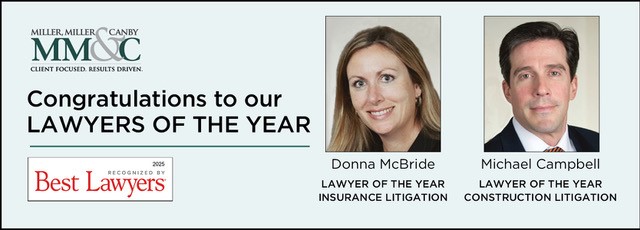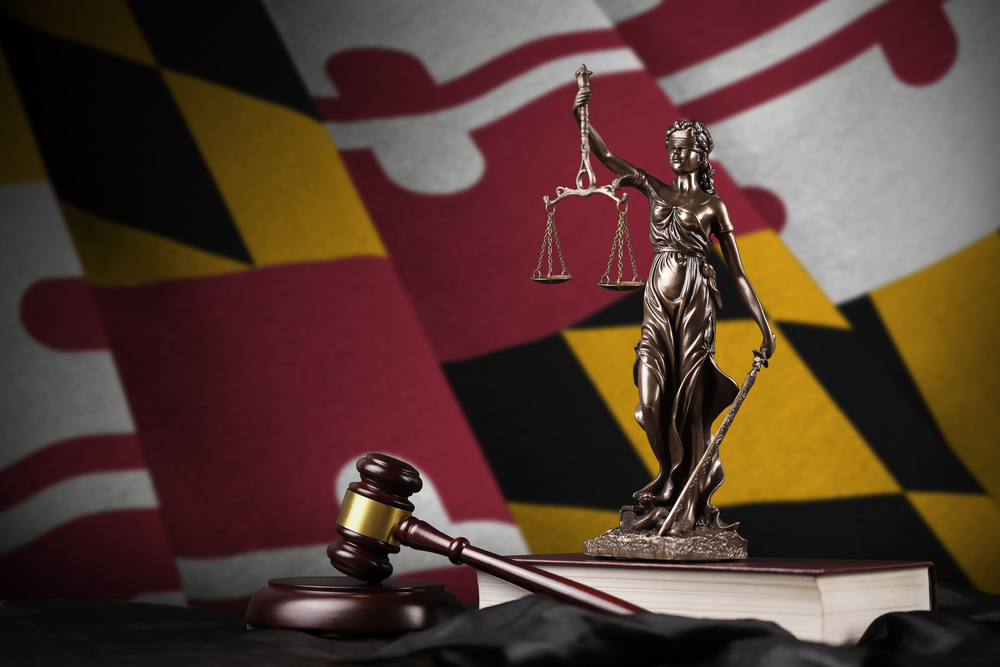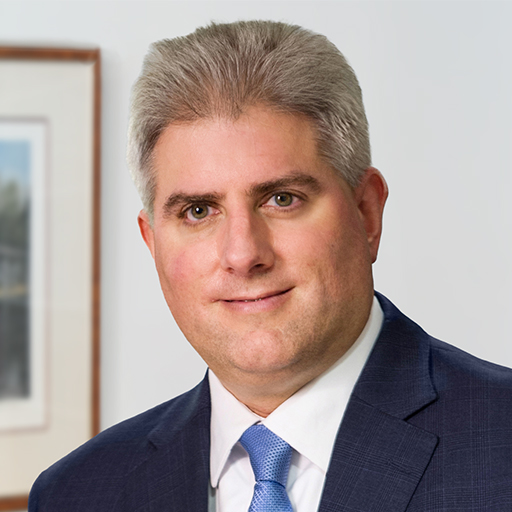 On June 5, 2020, the Payroll Protection Program Flexibility Act (Flexibility Act) was signed into law, amending the Coronavirus Aid, Relief, and Economic Security (CARES) Act. Central to the Flexibility Act was expanding the 8-week forgiveness period under the CARES Act for which businesses must spend their PPP loan proceeds to qualify for loan forgiveness. Now, under the Flexibility Act, businesses may opt to spread their forgiven period over twenty-four (24) weeks, beginning on the date the PPP loan proceeds was disbursed.
On June 5, 2020, the Payroll Protection Program Flexibility Act (Flexibility Act) was signed into law, amending the Coronavirus Aid, Relief, and Economic Security (CARES) Act. Central to the Flexibility Act was expanding the 8-week forgiveness period under the CARES Act for which businesses must spend their PPP loan proceeds to qualify for loan forgiveness. Now, under the Flexibility Act, businesses may opt to spread their forgiven period over twenty-four (24) weeks, beginning on the date the PPP loan proceeds was disbursed.
Payroll Compensation Thresholds
Upon enactment of PPP loan program, it was unclear how to spread payroll costs out over the new 24-month period for individuals earning more than $100,000 per year. Under the CARES Act, businesses are capped at $100,000 of annualized pay per employee, with a maximum amount paid to such employee capped at $15,385. The SBA had arrived at that maximum amount by dividing the $100,000 amount by 52 weeks and multiplying by 8 weeks (100,000/52 x 8). Last week, the Small Business Administration (SBA) released an Interim Final Rule (IRF) to address the confusion for whether the maximum amount under the 24-month forgiveness period would be the same as the 8-week forgiveness period. Per the IFR, payroll costs are still capped at $100,000, but the maximum amount jumps to $46,154 per employee. In doing so, the SBA swapped the 8 weeks with 24 weeks (100,000/52 x 24). Accordingly, businesses that opt for the 24-week forgiveness period are permitted to allocate almost 3 times as much PPP loan proceeds to employees making over $100,000 than they would under the 8-week forgiveness period.
The IFR also clarified owner compensation. Now, under the Flexibility Act, owners may pay themselves either 1) 8 weeks’ worth (8/52) of 2019 net profit (up to $15,385) for an 8-week forgiveness period; or 2) 2.5 months’ worth (2.5/12) of 2019 net profit (up to $20,833) for a 24-week forgiveness period. The IFR stated that, for self-employment income earners opting for the 24 week forgiveness period, the SBA limited the forgiveness of owner compensation to 2.5 months’ worth of 2019 net profit (up to $20,833) since the maximum loan amount is generally based on 2.5 months of the borrower’s total monthly payroll costs during the one-year period preceding the loan.
PPP Loan Forgiveness EZ Application
On June 17, the SBA released an EZ version of the forgiveness application, Form 3508EZ, that applies to borrowers that:
• Are self-employee with no employees; or
• Did not reduce the salaries or wages of their employees by more than 25% and did not reduce the number or hours of their employees; or
• Experienced reductions in business activity as a result of health directives relating to COVID-19, and did not reduce the salaries or wages of their employees by more than 25%.
The EZ application requires fewer calculations and less documentation, and can accessed here.
SBA Guidance on Loan Forgiveness
On June 22, 2020, the SBA issued a clarification to its IFR whereby it detailed, among other things, when a borrower may apply for loan forgiveness. Per this new guidance, borrowers may submit their forgiveness application any time on or before the maturity date of the loan, including before the end of the covered period, if the borrower has used all the PPP loan proceeds for which the borrower is requesting forgiveness. However, if the borrower applies for forgiveness before the end of the covered period, and the borrower has reduced any employee’s salaries/wages in excess of twenty five percent (25%), the borrower must account for the excess salary reduction for the full 8-week or 24-week covered period. In addition, in the event the borrower does not apply for loan forgiveness within ten (10) months after the last day of the covered period, or if the SBA determines that the loan is not eligible for forgiveness (whether in whole or in part), the PPP loan will no longer be deferred, and the borrower must begin paying principal and interest.
For businesses interested in learning more about the loan forgiveness application or how to navigate their way through it, please contact Chris Young at 301-738-2033.
Chris Young is an associate in the Business & Tax practice at Miller, Miller & Canby. He focuses his practice on corporate legal agreements, business formation, tax controversy work and helping clients deal with new tax regulations. View more information about Miller, Miller & Canby's Business & Tax practice by clicking here.







Share this Article: